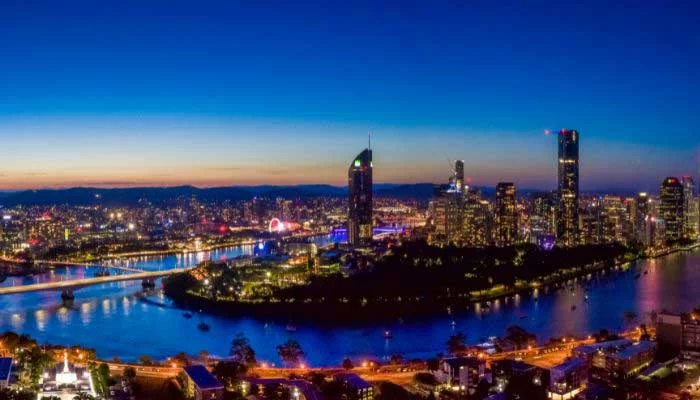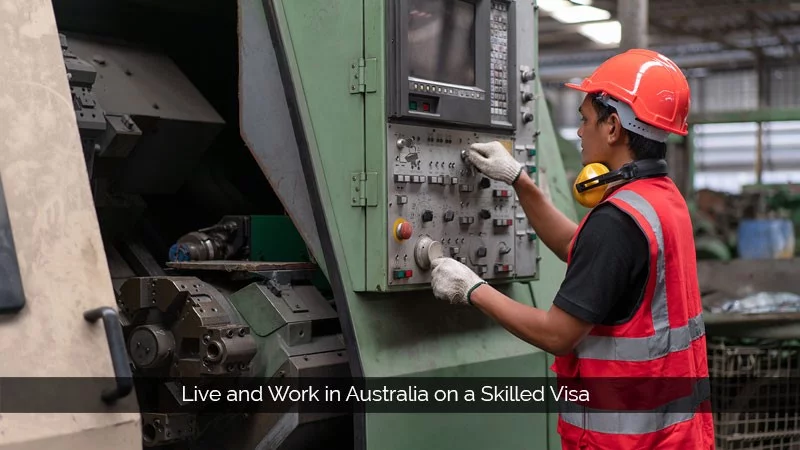Overview of the Australian immigration process for Thai citizens
Understanding the Australian Immigration Process for Thai Citizens
The Australian immigration process can be a transformative opportunity for Thai citizens seeking to explore new horizons and embrace diverse cultural experiences. With its robust economy, high quality of life, and thriving job market, Australia has emerged as a prime destination for many Thai individuals aspiring to build a better future abroad. However, navigating the intricacies of the immigration process can be a daunting task, necessitating a comprehensive understanding of the various procedures and requirements involved.
Explore new horizons in Australia! For Thai citizens, Australian immigration offers transformative experiences. Our experts simplify the process, guiding you through the thriving job market and high-quality life Down Under.
Mangalath Immigration Tweet
Determining Eligibility: Initiating the Journey
Before embarking on the Australian immigration journey, it is crucial for Thai citizens to assess their eligibility based on the specific visa category they intend to apply for. Conducting a thorough self-assessment aligned with the criteria outlined by the Department of Home Affairs is the initial step in the process. Factors such as age, language proficiency, educational qualifications, and relevant work experience play a pivotal role in determining one’s eligibility for various visa subclasses.
Selecting the Appropriate Visa Stream: Tailoring the Application
With a multitude of visa streams available, selecting the most suitable option aligning with the individual’s goals and qualifications is imperative. Whether it’s the skilled migration pathway, family-sponsored visas, or the student visa stream, each option entails distinct prerequisites and application procedures. Therefore, comprehending the nuances of each stream and aligning them with personal aspirations is fundamental in making an informed decision.
Meeting Documentation Requirements: Ensuring a Seamless Process
Accurate and comprehensive documentation serves as the cornerstone of a successful Australian visa application. Thai citizens need to ensure that all necessary paperwork, including identity documents, educational certificates, and proof of language proficiency, are meticulously organized and readily available. Additionally, meeting health and character requirements is paramount to expedite the application process and mitigate potential delays.
Understanding the Points-Based System: Optimizing the Application
For those opting for skilled migration visas, understanding the intricacies of the points-based system becomes crucial. Factors such as age, language proficiency, work experience, and educational qualifications contribute to the overall points tally. Maximizing points through relevant skills assessment, securing proficient English language test scores, and garnering employment opportunities in designated skilled occupations can significantly enhance the prospects of a successful visa application.
Navigating the Application Process: Ensuring Compliance and Precision
Once all the prerequisites are in place, navigating through the application process with meticulous attention to detail is vital. Thoroughly completing the visa application forms, adhering to the specified guidelines, and ensuring the submission of accurate and authentic information are pivotal to a seamless application process. Proactively addressing any additional requests or queries from the authorities can expedite the processing time and potentially enhance the likelihood of a favorable outcome.
Embracing New Opportunities
The Australian immigration process presents a gateway to a world of opportunities for Thai citizens, offering a dynamic blend of professional growth, cultural enrichment, and an enhanced quality of life. By comprehensively understanding the intricacies of the immigration process, meeting the necessary requirements, and adhering to the stipulated guidelines, Thai individuals can embark on a transformative journey towards realizing their aspirations Down Under.
How Do I Apply?
You should carefully prepare and submit your application for a family and relative visa. Contact Mr. Murali Mangalath, Managing Director of Mangalath Immigration. He provides Immigration advice and assistance to you. An efficient team at Mangalath Immigration Pty Ltd, who have extensive experience in applying for this class of visa for the past decade, will handle the process. Please visit our Testimonial page on this website, Facebook page and Google Review to find testimonies provided by our clients.
We will help make sure that a complete application is ready and that you receive your visa as quickly as possible. So why wait contact us today to get a head start.
Overview of the Australian immigration process for Thai citizens Read More »










